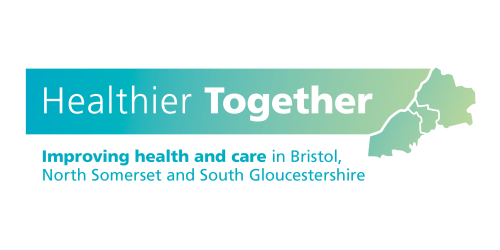
People contacting the local NHS 111 service for help with urgent medical problems can now speak directly to a wider range of healthcare professionals, as part of measures to relieve pressure on the area’s Emergency Departments (EDs).
NHS 111 in Bristol, North Somerset and South Gloucestershire is boosting its clinical assessment service (CAS) team, to include new roles such as ED consultants, community healthcare nurses and mental health specialists.
The clinicians provide remote consultations for people who would otherwise have been referred from NHS 111 for assessment at ED.
Many people contacting NHS 111 with urgent but non-emergency conditions do not require face-to-face assessment and can be safely managed with clinical advice and electronic prescribing during a remote assessment.
Clinicians use telephone and video to understand the patient’s symptoms and concerns and if needed can issue a digital prescription for collection at a local pharmacy.
The measures aim to make it easier for people to access urgent care, while helping to relieve pressure on local EDs at a time of sustained high demand.
CAS clinical lead and local GP, Dr Anne Whitehouse said: “This is a good example of health partners working together to relieve pressure on busy NHS services and improve care for local people.
“Obviously there are times when people contacting NHS 111 need a face-to-face assessment and if so they will be referred to ED or another appropriate service straight away.
“But the evidence shows that many people’s urgent care needs can be resolved remotely by a suitably qualified clinician, and thanks to the wider skills mix in the CAS we’ll be able to help more people in this way.
“The approach is more convenient for patients who can get the care they need without having to sit in busy waiting rooms - with the possibility that they might also be referred to another service after assessment.
“And of course it also has the benefit of helping our EDs to focus on the people who need them most.”
The 111 CAS team includes staff drawn from a wide range of local healthcare providers including the region’s mental health trust, acute hospitals, community healthcare services and the local out-of-hours GP.
Southmead Hospital ED consultant Dom Williamson is one of the local clinicians taking part in the enhanced CAS, at the service’s base in North Bristol.
He said: “This is a great scheme that’s benefiting local people as well as our EDs and minor injury units, which are experiencing exceptional pressures this winter.
“NHS 111 has always offered immediate advice and guidance on the most appropriate NHS service to use.
“But with this development 111 can also provide direct access to doctors, nurses and other healthcare professionals who can often deliver the clinical advice people need without them having to leave home.
“Patients benefit because they can get their needs met more quickly.
“And with fewer non-emergency patients, our EDs can concentrate their resources on the most seriously ill patients.”
The CAS changes are among a number of enhancements which aim to establish 111 as the default way for people to access local urgent care services, rather than walking into EDs and other urgent care sites.
Connections between 111 and local urgent care services have also been enhanced, allowing health advisers to refer people directly into the most appropriate service for their needs.
For some services, patients are given a timed ‘arrival slot’ to minimise the time they spend in busy waiting rooms.
The changes are supported by a new communication campaign that encourages people to contact 111 first before walking into ED.
Accessing 111
The NHS 111 service can be accessed online at 111.nhs.uk, on the NHS App or via free call 111.
People with genuine life-threatening medical emergencies should continue to call 999 immediately or go straight to ED.
People who need help with non-urgent conditions should contact their GP practice for an appointment or speak to their pharmacist as usual.
